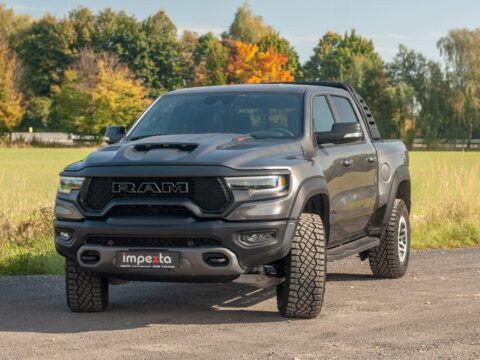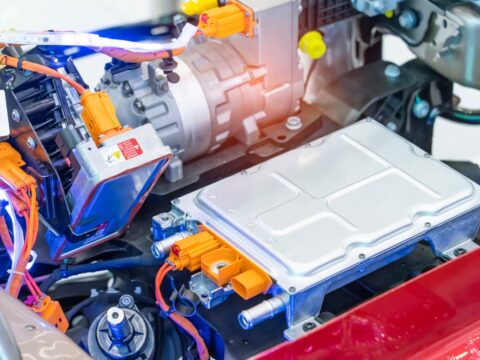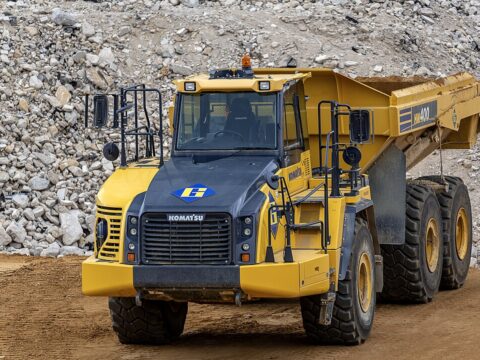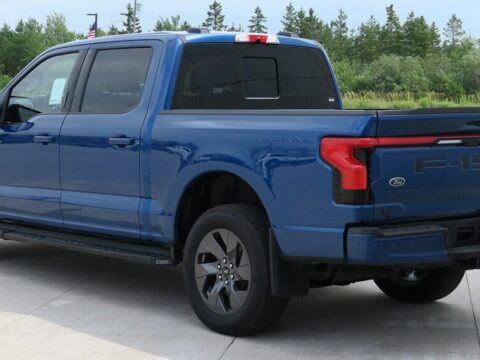SUVs have become a popular choice for drivers, but there are plenty of misconceptions surrounding these vehicles that can be misleading. Whether it’s about safety, fuel efficiency, or handling, many drivers hold onto outdated or false beliefs. In this article, we’ll debunk 15 common misconceptions about SUVs to help set the record straight.
Contents
SUVs are always safer than smaller cars.
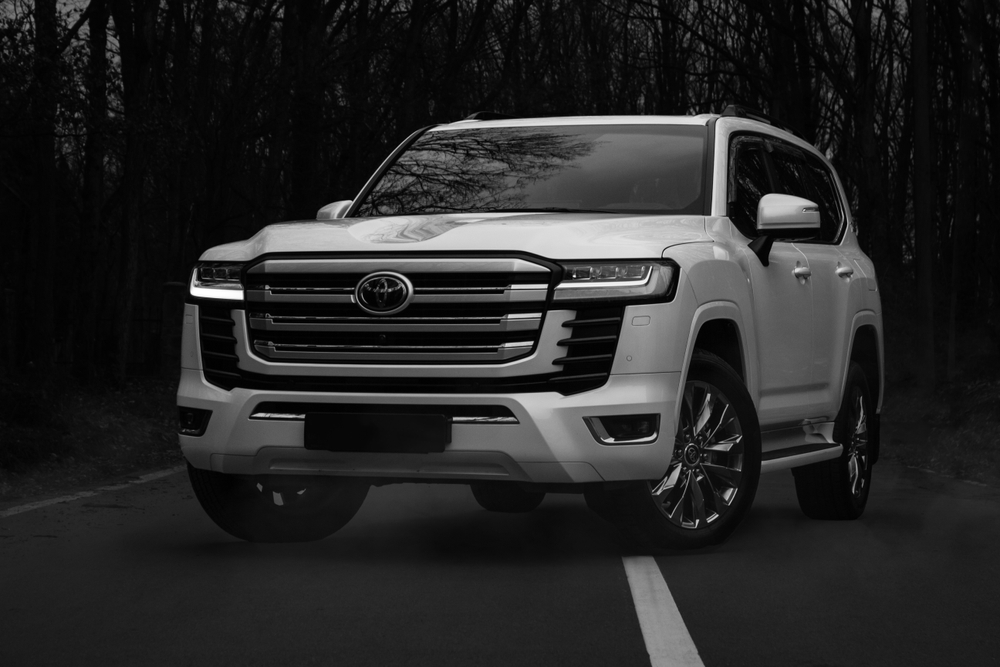
While SUVs generally have a higher driving position and offer more protection in certain crash scenarios, they aren’t automatically safer than smaller cars. Many small cars have advanced safety features like automatic emergency braking, lane-keeping assistance, and adaptive cruise control, which are sometimes missing in older SUV models. Safety depends on the individual vehicle’s design and technology, not just its size.
All SUVs are gas guzzlers.
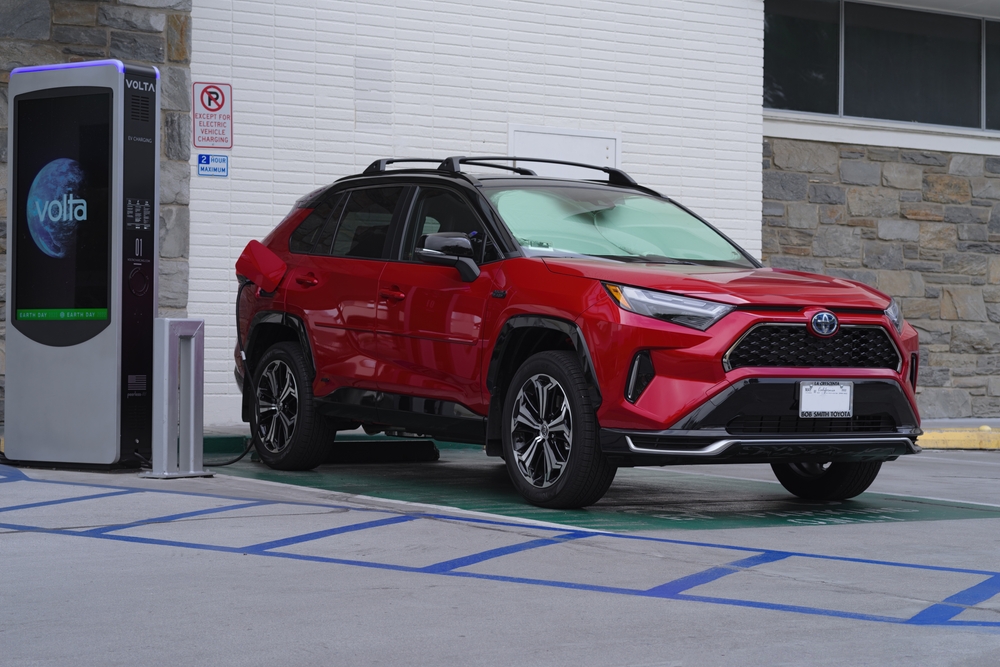
This misconception stems from older SUV models that were notorious for poor fuel efficiency. However, many modern SUVs, including hybrids and electric versions, have improved fuel economy significantly. For example, models like the Toyota RAV4 Hybrid can get up to 40 miles per gallon, rivaling the efficiency of smaller vehicles.
SUVs can handle any type of terrain effortlessly.
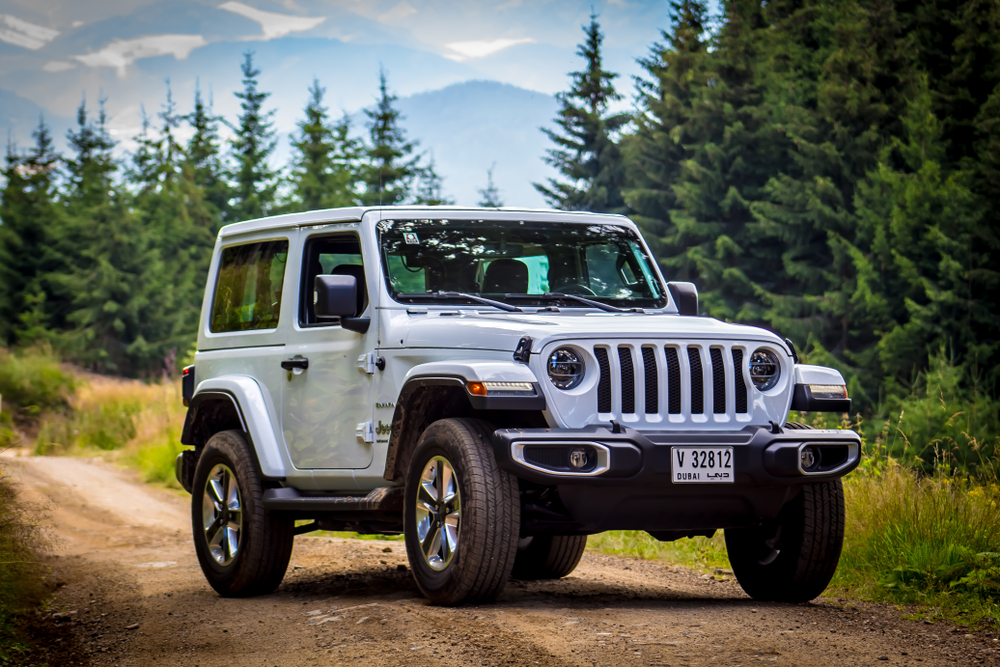
While some SUVs are designed for off-road conditions, not all are built with rugged terrains in mind. Many are optimized for urban driving, with front-wheel drive and limited ground clearance, making them less capable of handling extreme conditions. A Jeep Wrangler may excel off-road, but a compact crossover like the Nissan Rogue is better suited for city driving.
Bigger SUVs are always better for families.
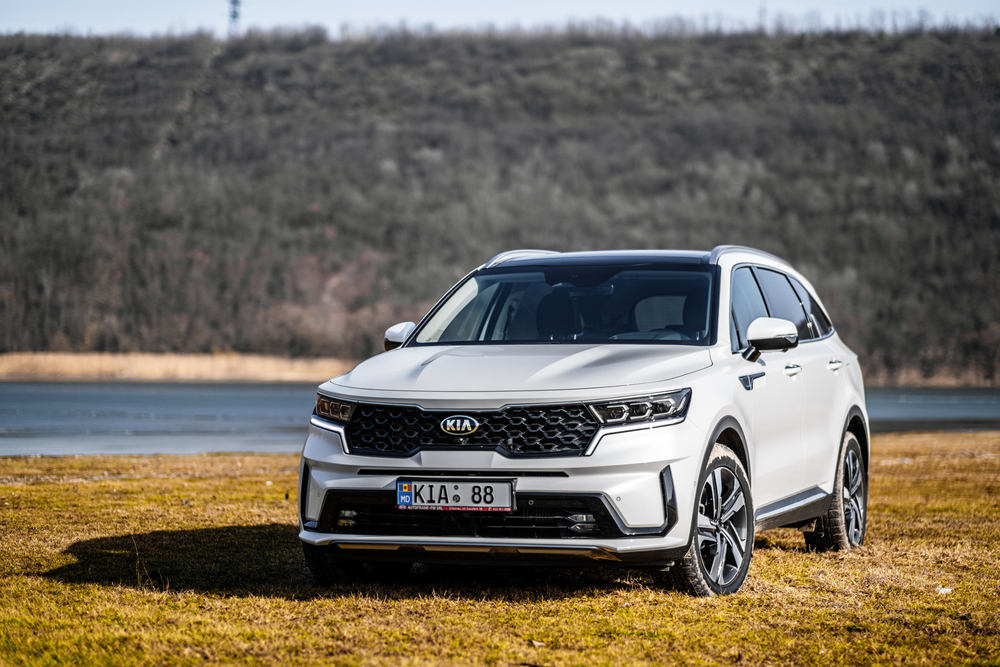
A large SUV doesn’t necessarily equate to a better family vehicle. Smaller SUVs can offer more flexibility, better fuel economy, and easier handling while still providing ample space. Three-row compact SUVs like the Kia Sorento balance space with maneuverability, making them ideal for families who don’t want the bulk of a full-size model.
All-wheel drive means you never need winter tires.
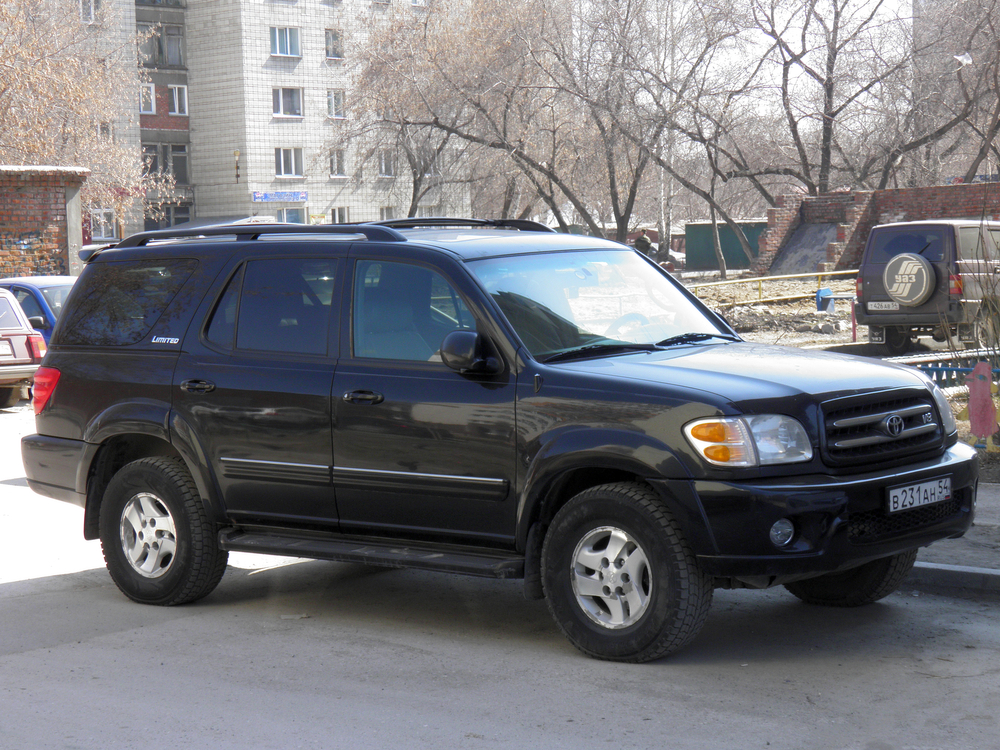
All-wheel drive helps distribute power to all four wheels, improving traction, but it doesn’t replace the need for winter tires in icy or snowy conditions. Winter tires provide the necessary grip on slippery roads, while AWD alone won’t prevent skidding on ice or reduce stopping distances.
SUVs are harder to drive than smaller cars.
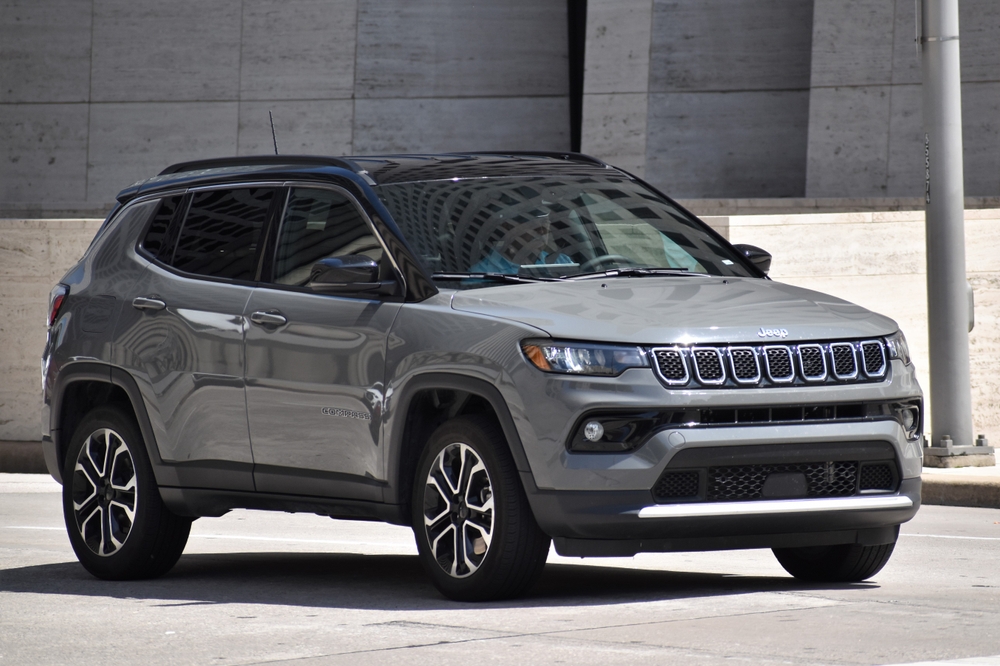
The larger size of SUVs may seem intimidating, but many modern SUVs come equipped with driver-assistance features like parking sensors, 360-degree cameras, and blind-spot monitoring, making them just as easy to handle as smaller cars. Compact crossovers are particularly user-friendly, offering the height advantage of an SUV with the drivability of a sedan.
Every SUV has poor fuel efficiency.
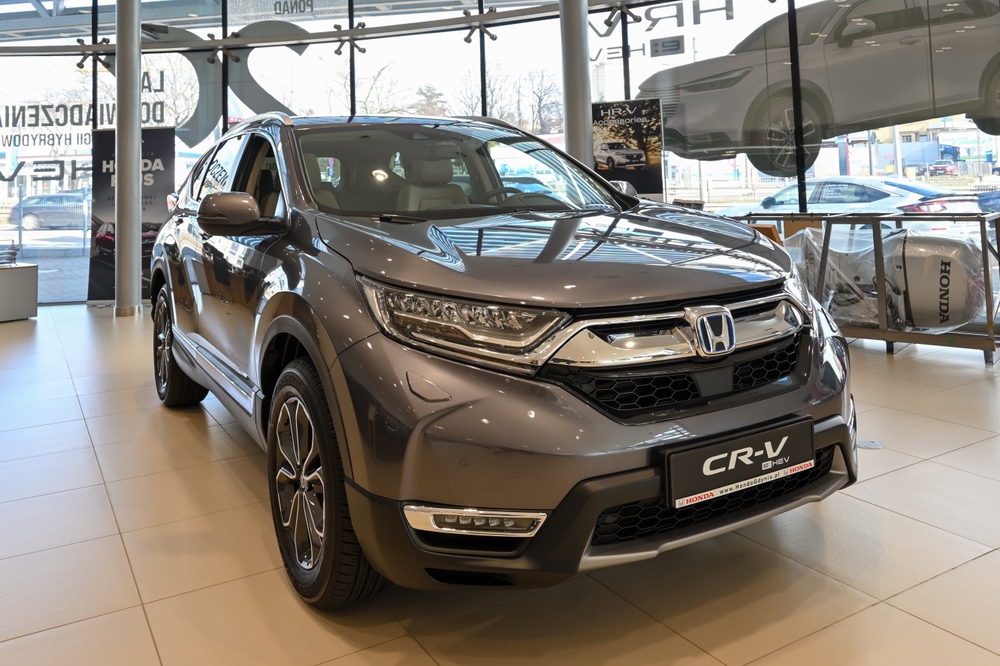
Not all SUVs are gas guzzlers. Many newer models, especially compact SUVs and hybrids, are designed with fuel economy in mind. For example, the Honda CR-V Hybrid offers impressive efficiency, making it a great choice for drivers who want the space of an SUV without sacrificing fuel savings.
SUVs are better for off-roading than trucks.
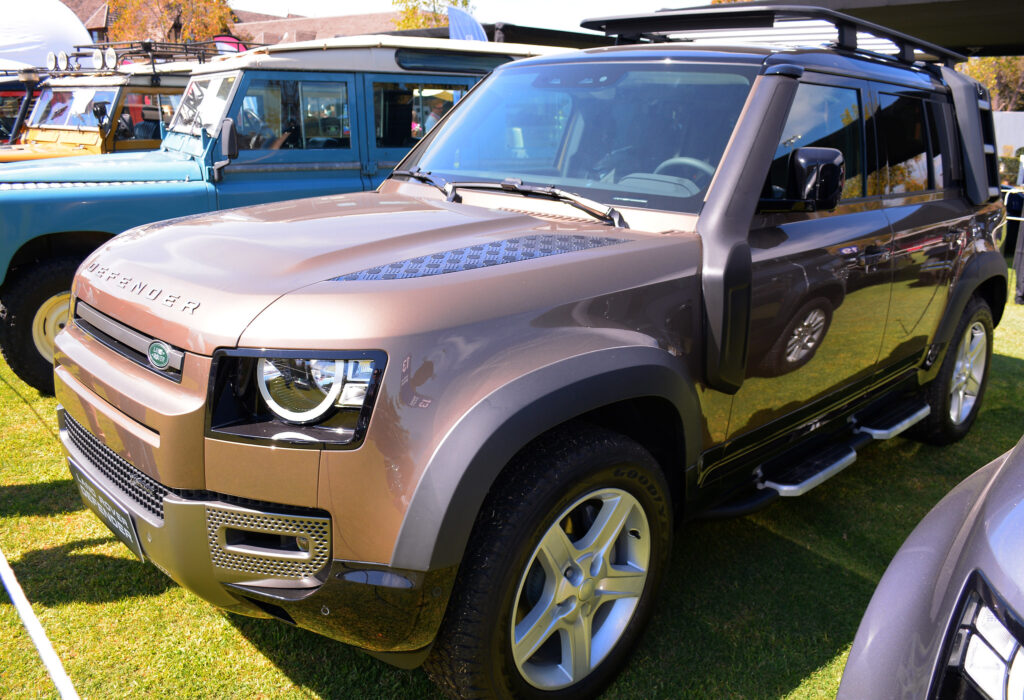
Trucks are often designed with more robust towing capabilities, larger wheels, and enhanced durability for extreme off-roading. While some SUVs like the Land Rover Defender are built for rugged terrain, many others prioritize comfort and aren’t as equipped for intense off-road adventures compared to trucks like the Ford F-150.
SUVs are immune to rollovers.
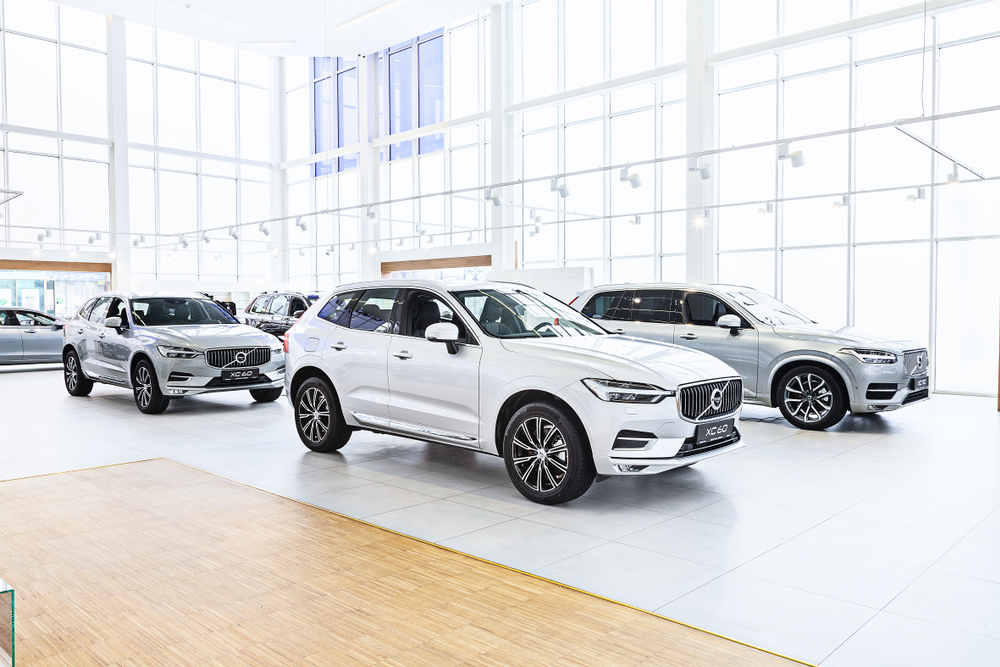
SUVs have a higher center of gravity, making them more prone to rollovers compared to lower vehicles, especially during sharp turns or sudden maneuvers. While safety technologies like electronic stability control help mitigate this risk, drivers still need to exercise caution, as rollovers remain a possibility.
Luxury SUVs don’t perform well in tough conditions.

Many luxury SUVs, such as the Land Rover Range Rover or Mercedes-Benz G-Class, are designed to excel in tough conditions. They often feature advanced off-road systems, air suspension, and terrain response modes, making them more than capable in rugged environments while maintaining a high level of comfort.
SUVs are too big to park easily in the city.
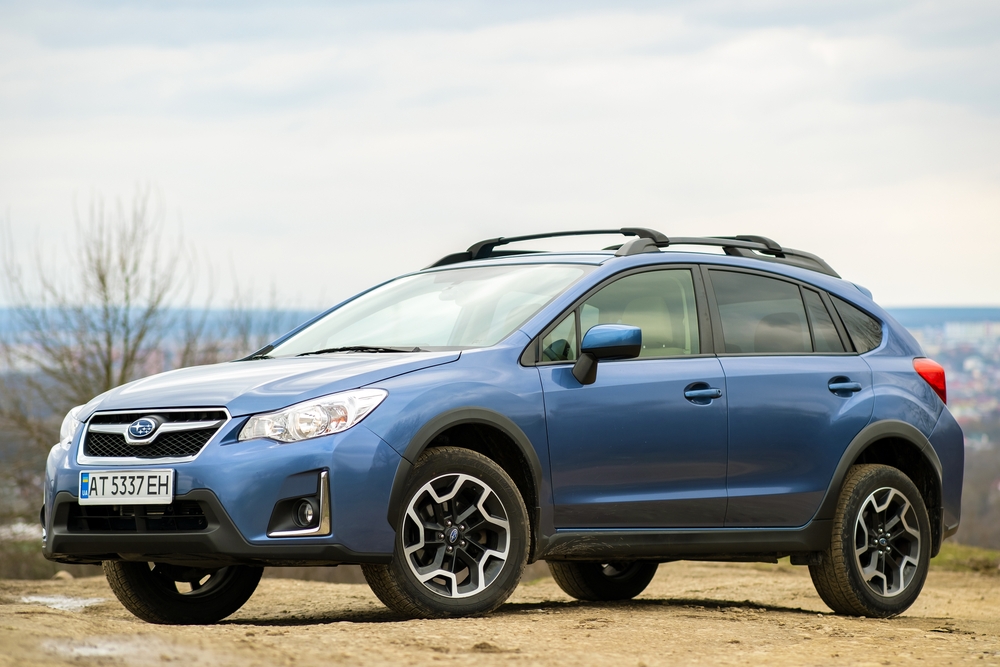
With features like parking assist, 360-degree cameras, and compact SUV models, parking an SUV in the city is not as difficult as many believe. Vehicles like the Subaru Crosstrek and Honda HR-V offer a smaller footprint, while advanced tech helps drivers navigate tight urban spaces.
You need an SUV for long road trips.
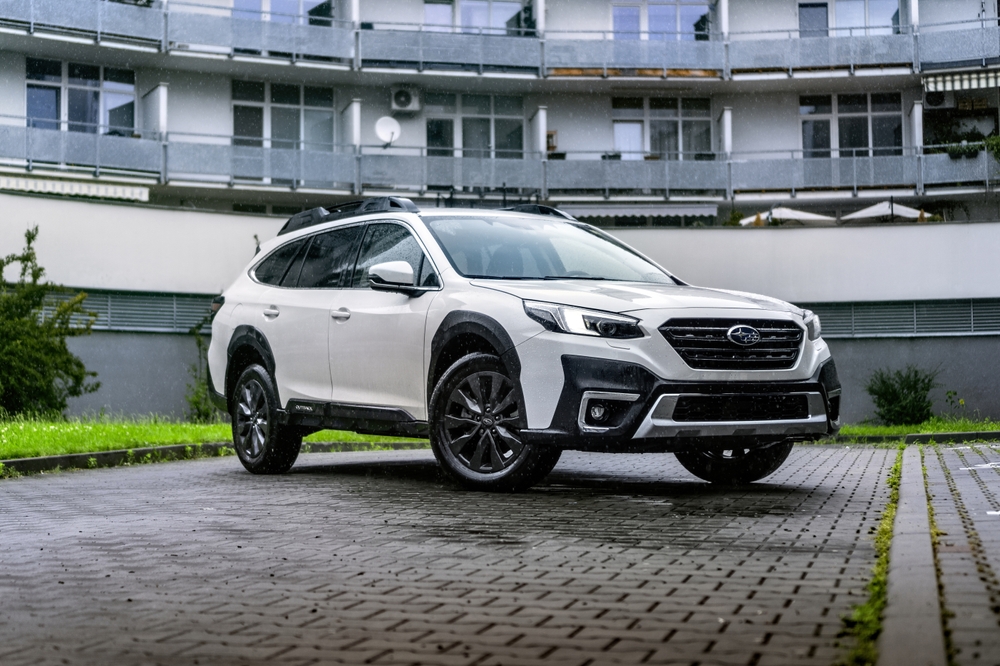
While SUVs offer comfort and space, they aren’t the only option for road trips. Many sedans, wagons, and even hatchbacks provide enough comfort, cargo space, and fuel efficiency for long drives. Vehicles like the Subaru Outback offer excellent road trip capabilities without the bulk of a traditional SUV.
All SUVs offer more cargo space than sedans or hatchbacks.
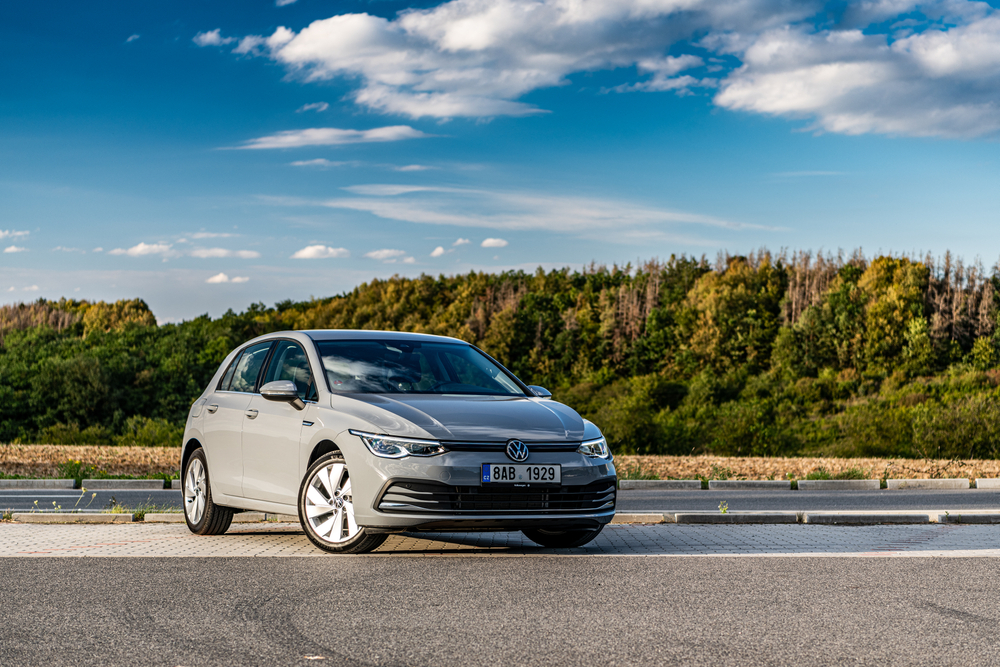
Not all SUVs have more cargo space than sedans or hatchbacks. Compact SUVs often have similar or even less space compared to larger sedans or hatchbacks like the Volkswagen Golf. Cargo room depends on the specific vehicle’s design, and some smaller SUVs may not be as spacious as expected.
SUVs are more expensive to maintain than cars.
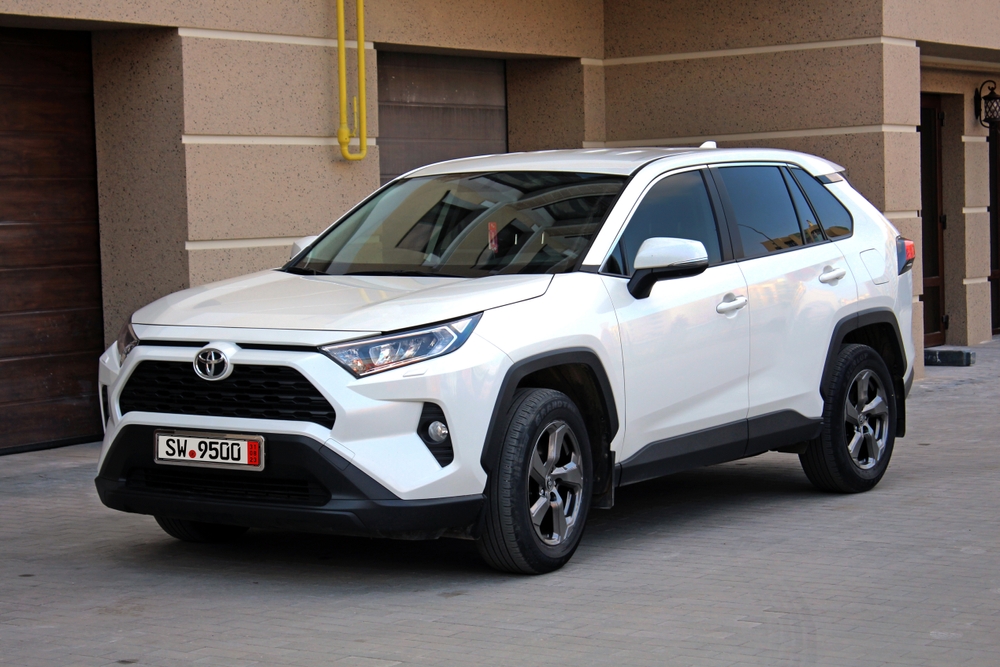
While some larger, more complex SUVs may come with higher maintenance costs, many mainstream SUVs have maintenance costs similar to those of sedans. For example, the Toyota RAV4 has a reputation for being affordable to maintain, thanks to its simple design and reliable parts.
Driving an SUV makes you more intimidating on the road.
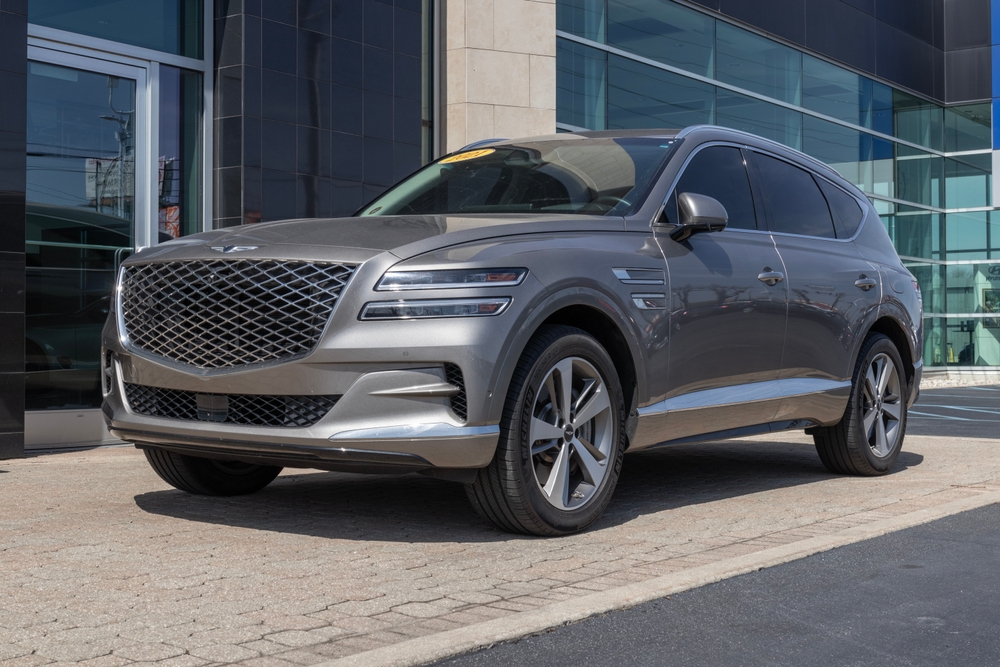
The size of an SUV might give drivers a false sense of power, but this doesn’t necessarily make them intimidating or aggressive. With more focus on safety and comfort, SUVs are designed to be family-friendly, and modern features like adaptive cruise control help create a smoother, more considerate driving experience.
This article originally appeared in MyCarMakesNoise.
More from MyCarMakesNoise
13 Sleek Jet Skis That Redefine Speed and Style

When it comes to hitting the water, nothing combines thrill and style quite like a jet ski. In this article, we’re diving into 13 sleek models that not only push the boundaries of speed but also set new standards for design. Read More
9 Surprising Products You Didn’t Know Were Ferrari-Branded

When you think of Ferrari, sleek sports cars and roaring engines likely come to mind. But Ferrari’s influence goes beyond the racetrack. From fashion to everyday gadgets, the iconic prancing horse logo has found its way onto a range of unexpected products. Read More
7 Unforgettable Racing Feats of Nissan’s GT-R Models

Nissan’s GT-R models have earned a legendary status on the track, known for their speed, precision, and unwavering performance. From breaking records to claiming victory in some of the world’s most prestigious races, the GT-R has cemented its place in motorsport history. Read More

